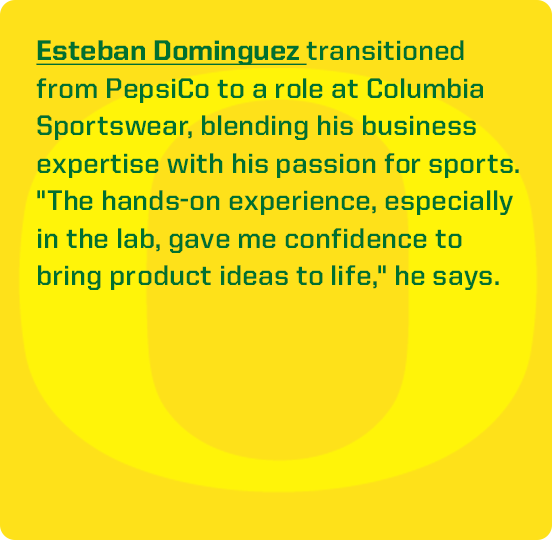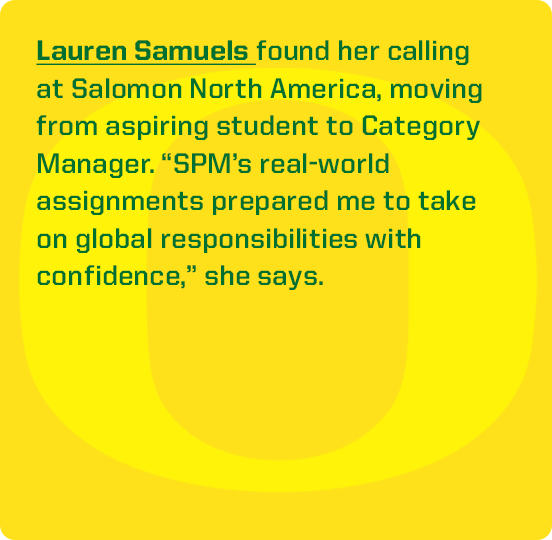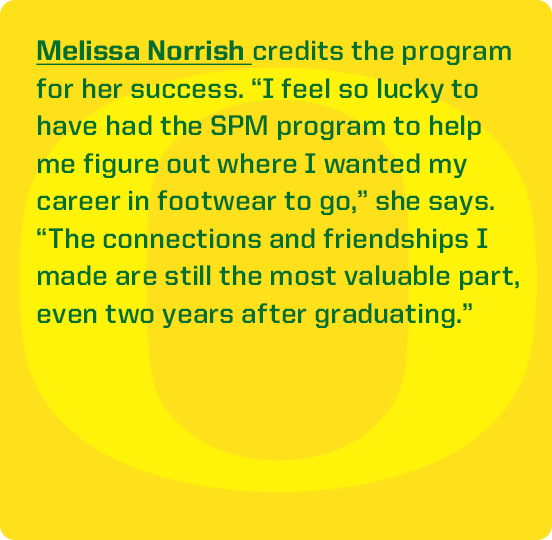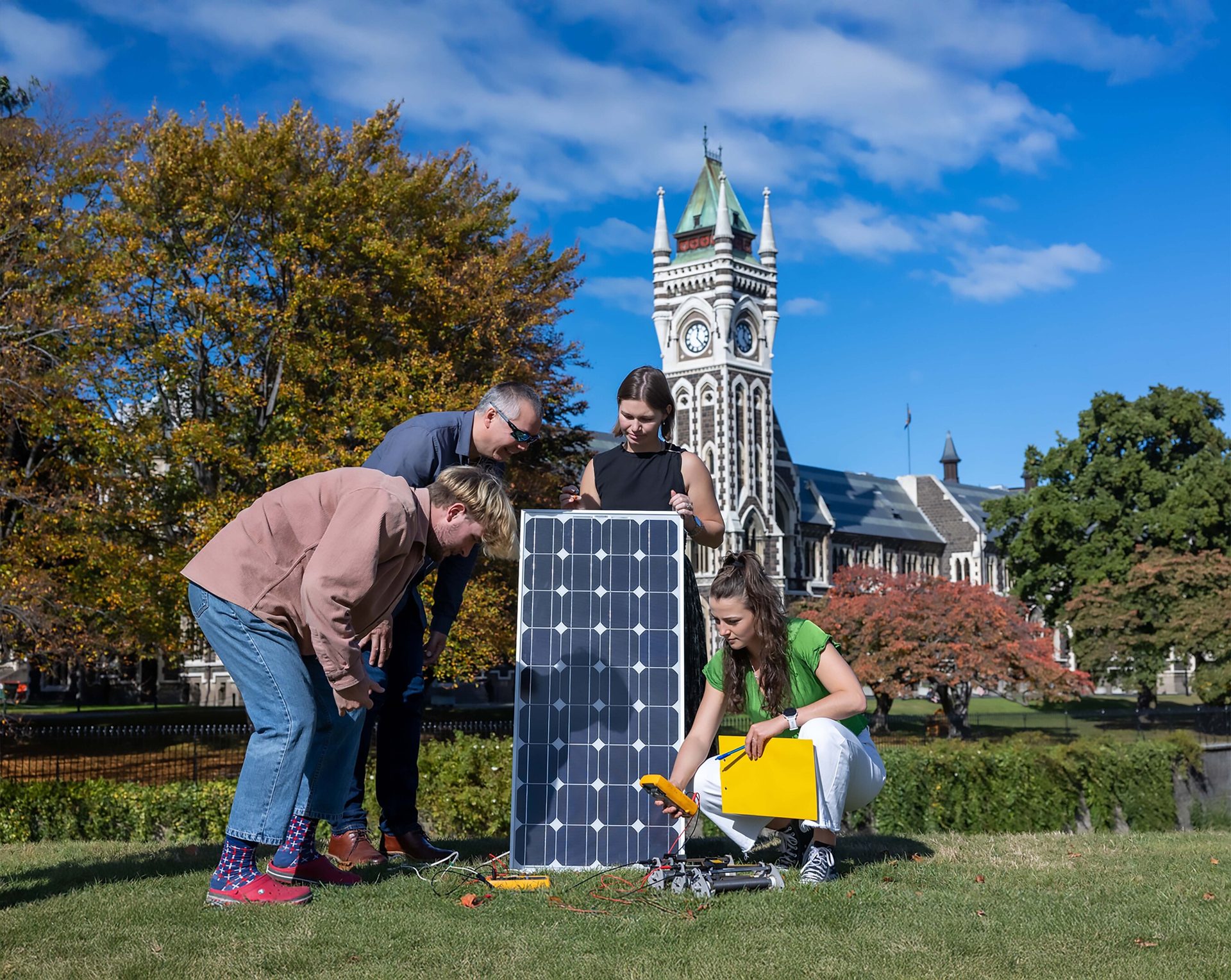
New Zealand is a leader in the fight against climate change. Over 85% of its electricity comes from renewable sources like hydropower and geothermal. The country plans to shift towards 100% renewable energy generation by 2030.
This makes the University of Otago’s Department of Physics the perfect setting for anyone seeking a future in sustainable energy. Here, professors embrace innovative teaching methods to provide students with the highest quality education and to produce research of international excellence.

1st
Physics Department established in New Zealand
36
research-active staff
Top200
universities in the world
Biomedical Sciences
The Bachelor of Biomedical Sciences (BBiomedSc) has six interdisciplinary majors:

In this major, you will learn about both the normal and pathological processes in your cells, tissues, and organ systems that coordinate all the functions of the human body with a research-informed focus.

This major equips you with in-depth knowledge about how our immune system develops, how it functions, its roles, and how it reacts to diseases like HIV, tuberculosis, and cancer.

This major offers an in-depth exploration of how cells communicate with each other and how these affect human health and disease.
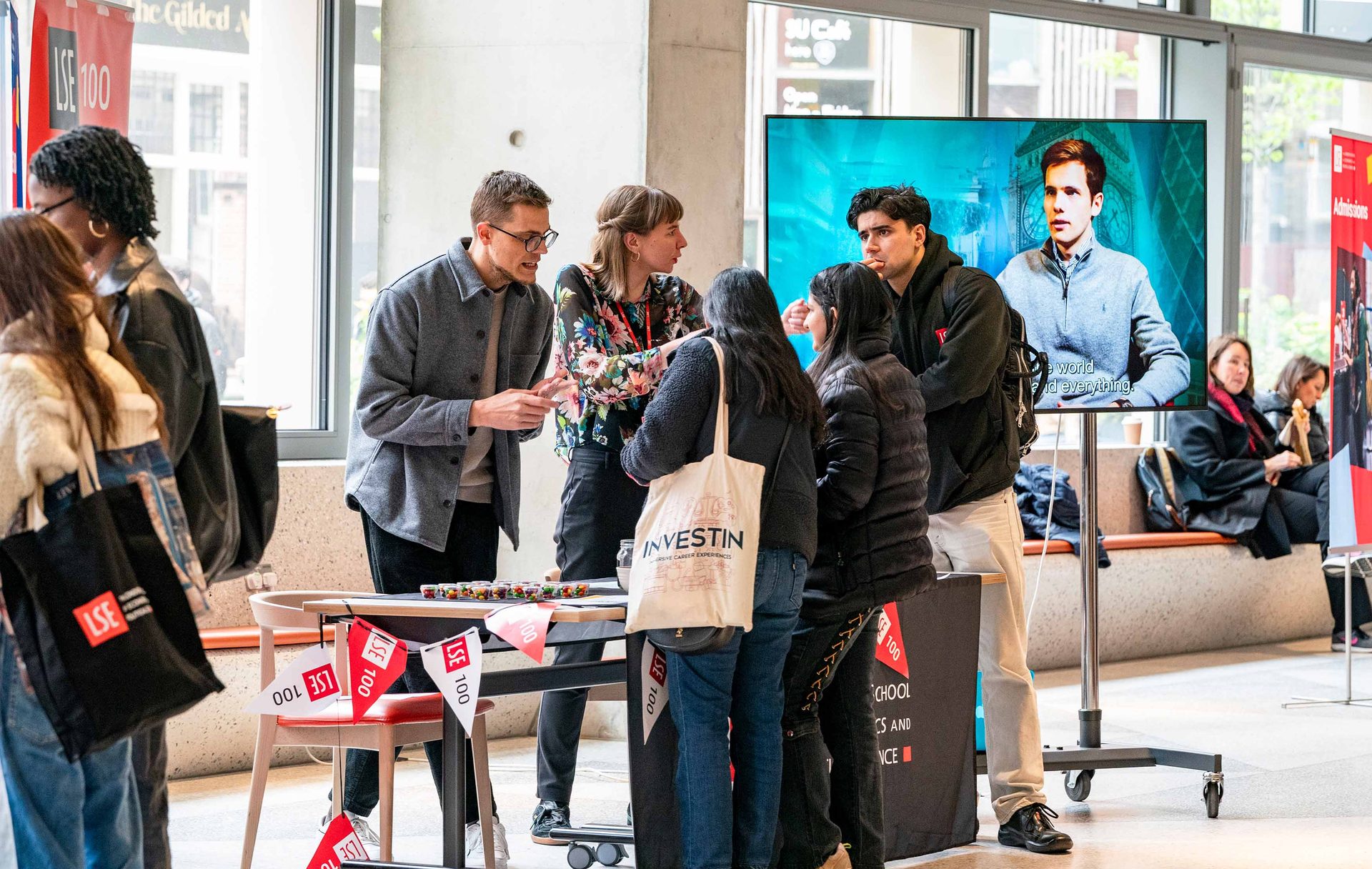
Dr. Dorottya Sallai challenged traditional perceptions of Generative AI, encouraging a shift toward embracing its opportunities.

Dr. Dorottya Sallai challenged traditional perceptions of Generative AI, encouraging a shift toward embracing its opportunities.


Multiple pathways to be part of the world’s energy transition
A Sustainable Energy qualification here can empower you to drive change in the defining issue of this generation. Whether it’s a Bachelor of Science with Honours, Postgraduate Diploma in Science, Master of Science, or Master of Applied Science, each seeks to develop and use low-carbon energy innovations to reduce carbon emissions and guide critical decision-making in the energy sector.
“We are excited about the range of new degrees available for study that will suit the varying requirements of students. Our aim for the new range of programmes is to enable graduates to secure future-proof, rewarding careers in the globally growing sustainable energy industry.”
says Programme Director, Associate Professor Michael Jack
Both programmes combine lectures, hands-on labs, and practical fieldwork to explore the science behind renewable energy, energy efficiency and carbon reduction. Students get to work on diverse projects such as energy-efficient housing, heat pump technology, designing renewable energy installations, and more. Each course is designed to equip graduates with the key skills required for energy analysis in industrial and commercial settings.
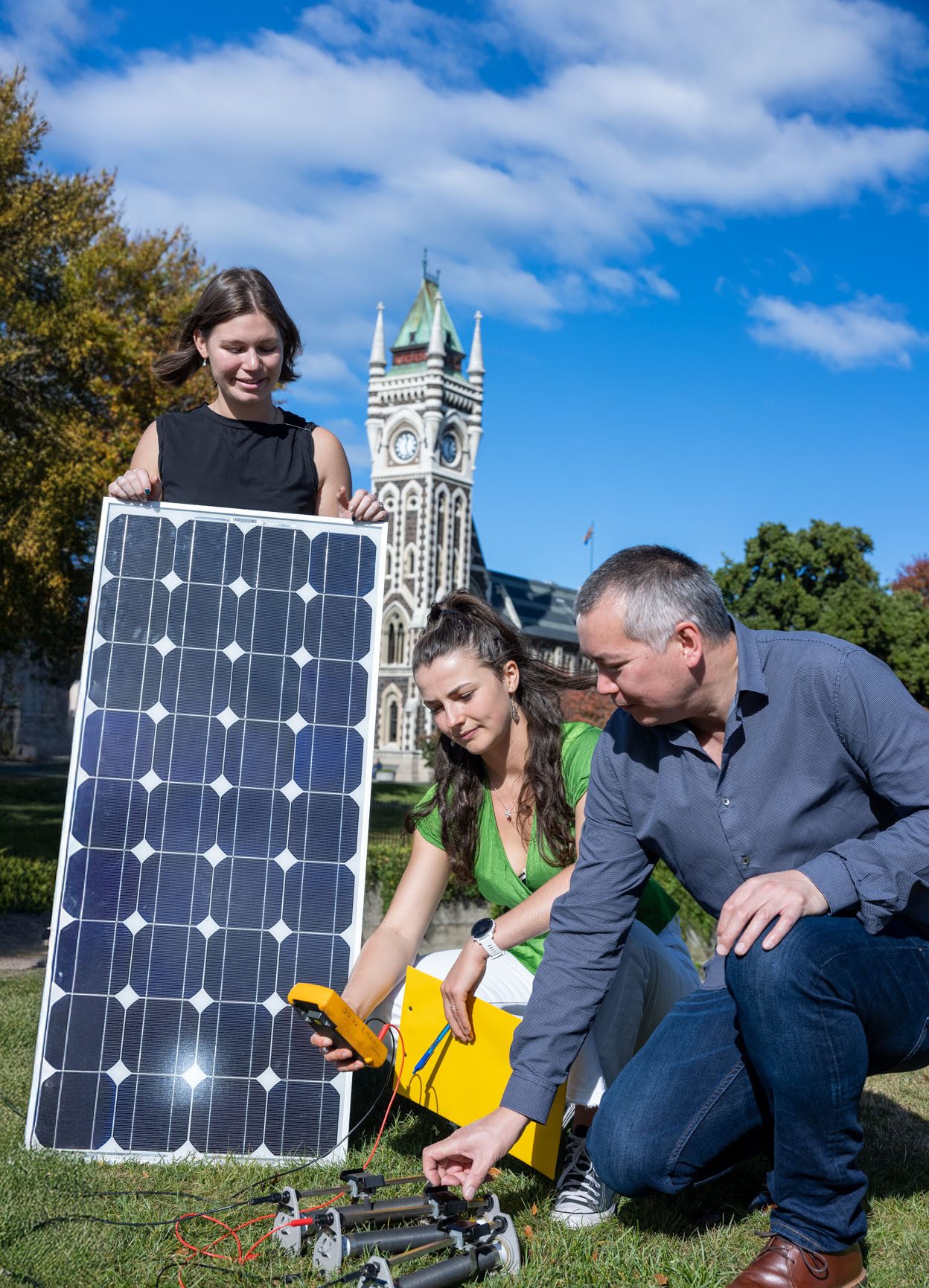
BSc Sustainable Energy
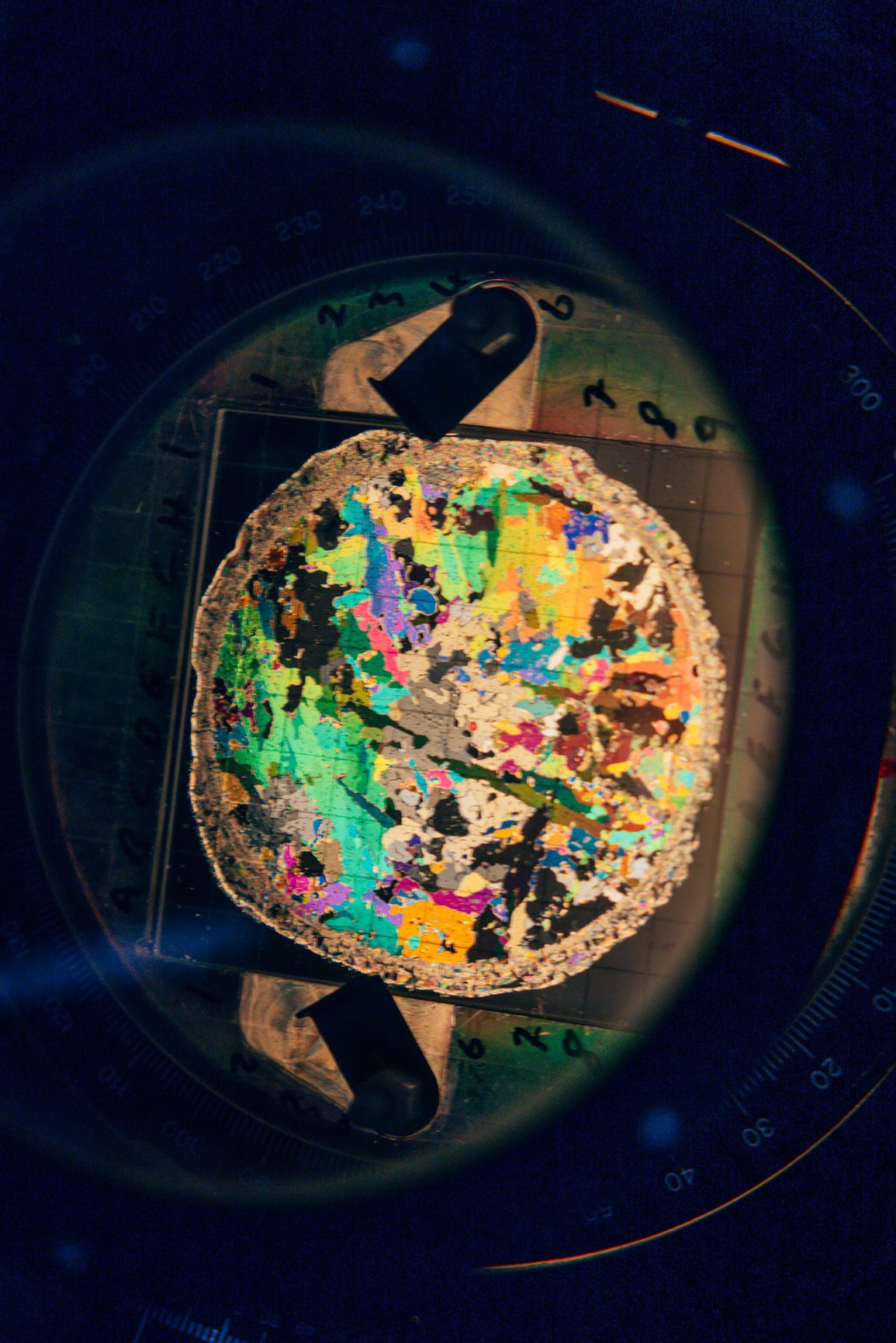
MAppSc Sustainable Energy
BSc Sustainable Energy
The University of Otago prides itself on offering the BSc Sustainable Energy, the only energy-focused undergraduate degree in the Southern Hemisphere.
MAppSc Sustainable Energy
The Master of Applied Science (MAppSc) is an intensive coursework-based postgraduate degree with a research component.


Meet the Alumni Driving Change
Successful graduates
The push for low-carbon energy transition has created many rewarding new careers in this field. The department has links to institutions in key energy markets like India, Indonesia, Vietnam, China, and more, encouraging international association via partner research collaborations or personal interest. Employers and recruiters often contact the department directly with career opportunities, and students also receive offers during their workplace-based projects.
Many Sustainable Energy alumni now work in energy companies and energy and carbon consultancies. Some have been hired directly by large companies or governments to manage their energy and carbon emissions. Their roles range from full-time engineers and data scientists to sustainable energy advisors and carbon auditors.
Vania Oktaviani
Master of Science
“I decided I wanted to change the focus of my career to renewables, and the master’s degree suited me as it includes both course and research components. I want to help people in Indonesia who don’t have easy access to electricity by focusing on opportunities for off-grid small-scale micro hydropower solutions, which have a lot of potential.”
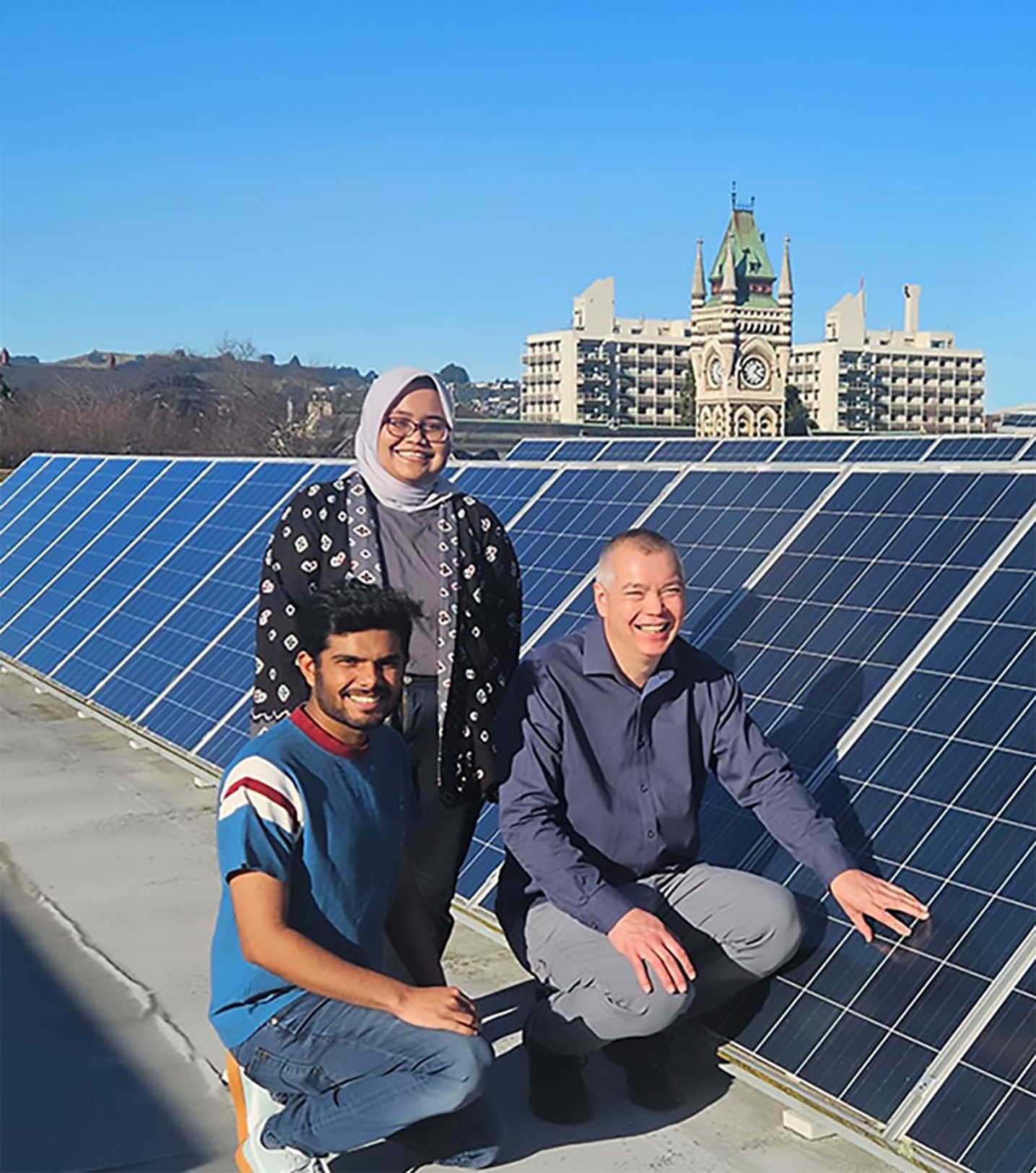
Vania Oktaviani (standing)


